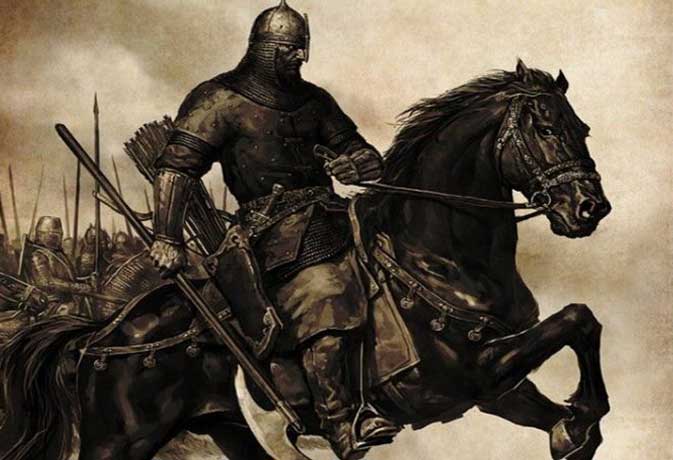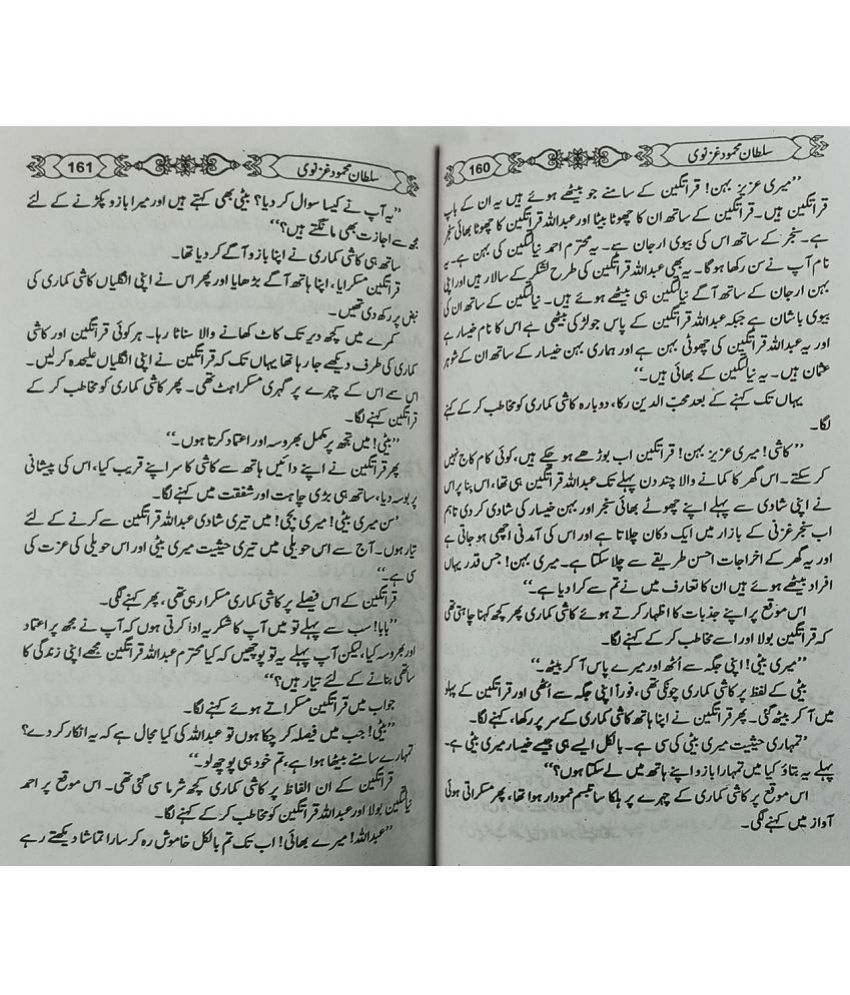Muhammad of Ghazni, also known as Muhammad Ghaznavi, was a Turkic ruler who ruled a vast empire in the 11th and 12th centuries, encompassing parts of modern-day Afghanistan, Pakistan, India, and Iran. He is known for leading a series of military campaigns that resulted in the conquest of much of the Indian subcontinent.
Muhammad was born in 971 CE in the city of Ghazni, located in present-day Afghanistan. He was the son of Sabuktigin, a Turkic ruler who had established a small kingdom in Ghazni. Muhammad inherited his father's throne in 998 CE and quickly set about expanding his territory. He led a series of successful military campaigns against neighboring kingdoms, eventually establishing a vast empire that stretched from present-day Afghanistan to the Indian subcontinent.
Muhammad is perhaps best known for his series of invasions of India, which began in 1001 CE. These invasions were motivated by a desire to plunder the wealth of the Indian subcontinent, as well as to spread Islam. Muhammad led a total of 17 invasions of India, and each one was characterized by brutal violence and destruction. He is remembered as a ruthless conqueror who was responsible for the deaths of thousands of people.
Despite his reputation as a conqueror, Muhammad is also remembered for his cultural achievements. He was a patron of the arts and was known to have a great love of literature. He also oversaw the construction of numerous buildings, including mosques, palaces, and schools. These structures are still standing today and are considered important examples of Islamic architecture.
In addition to his military and cultural achievements, Muhammad is also remembered for his religious beliefs. He was a devout Muslim and is credited with spreading the teachings of Islam throughout his empire. He is remembered as a devout and just ruler who worked to improve the lives of his subjects.
Muhammad of Ghazni died in 1030 CE at the age of 59. He is remembered as one of the most powerful rulers of his time and is still revered by many as a hero. His legacy lives on in the many buildings and structures that he built and in the enduring influence of Islam in the region.









